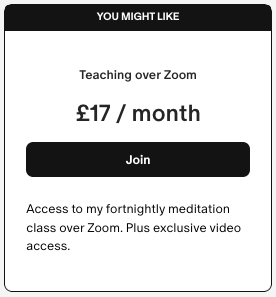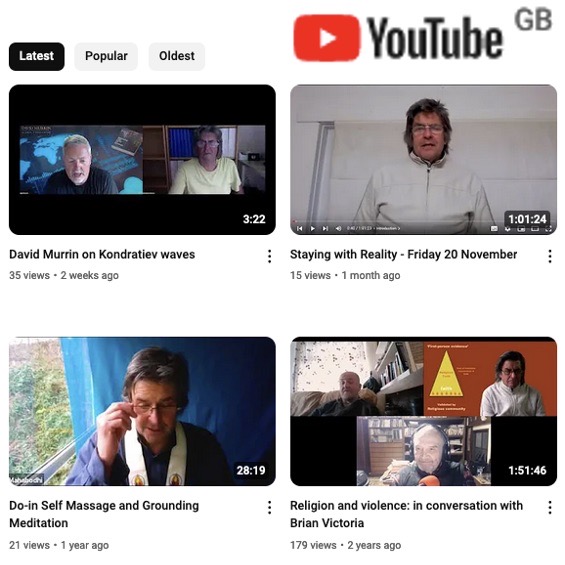Super Stimulation Week
Permission has been sought from Erasmus University Rotterdam to use the image of Wim Hof in an ice bath Are we stimulated enough? When the subject of meditation is brought up, many people think in terms of relaxation, but relaxation is only half of the story; as important to meditation, and to mental and physical health in general is stimulation. Wim Hof is known as The Iceman, and is a Dutch extreme athlete noted for his ability to withstand freezing temperatures. He set Guinness world record for swimming under ice and prolonged full-body contact with ice, and still holds the record for a barefoot half-marathon on ice and snow. I led a series of three sessions on YouTube in the first year of lockdown: 2020, which I called ‘Super Stimulation Week.’ In those sessions I focused on the ideas of Wim Hof and on the value of physical stimulation, and in particular, its role in meditation; I wanted to encourage my viewers to take cold showers–following Wim’s gradual method–to access better energy and health: Day 1 This week, on Thursday the 17th September, it is the six month anniversary of beginning the ‘Compassionate Response to COVID-19 with Mahabodhi’ sessions, the day after Boris Johnson announced his ‘no-gatherings’ policy, launching the UK lockdown. After six months of lockdown, personally I do struggle to keep my energy as bright as it would be under normal circumstances. Yet according to Wim Hof, also known as the ‘Ice Man,’ who we see in action in the video below, we can effectively work with simple breathing techniques and gradual immersion in cold temperatures – such as taking cold showers – to bring physical and mental stimulation to our lives. So as a way of marking this anniversary I want to dub next week ‘Super Stimulation Week,’ and in it focus on the Wim Hof method, or something akin to it. Instead of my normal (non-interactive) sessions on Facebook Live I will be moving over to YouTube and hosting live interactive Zoom classes for an hour at 7.30 every weekday morning. In those sessions I will explore some of Wim’s breathing techniques and try to set us all up with personal programmes for the week to bring more stimulation into our lives. There will be space to feedback our progress within a supportive group. As a well experienced teacher Wim emphasises ‘working at ones’ own pace;’ we always need to tune into our experience and act from there, rather than push our bodies in an ego-based way, a principle I have repeated emphasised in my sessions here. If...
The Kondratiev cycle and World War Three
David Murrin on the Kondratiev cycle, physics, Buddhism and World War Three In today’s episode Buddhist podcaster Mahabodhi interviews David Murrin global forecaster, investment advisor and author. In 2010 David published Breaking the Code of History, building on the work of the Russian economist Nikolai Kondratiev. Kondratiev noticed how capitalist economies experienced long-term economic cycles in agricultural commodity and copper prices, lasting about 40 to 60 years, later termed Kondratiev or long waves. Such cycles, indicated by periods of evolution and self-correction, were brought about by technological innovation that results in a long period of prosperity. Economists have identified the following Kondratiev Waves since the 18th century. 1. The first resulted from the invention of the steam engine and ran from 1780 to 1830. 2. The second cycle arose because of the steel industry and the spread of railroads and ran from 1830 to 1880. 3. The third cycle resulted from electrification and innovation in the chemical industry and ran from 1880 to 1930. 4. The fourth cycle was fueled by autos and petrochemicals and lasted from 1930 to 1970. 5. The fifth cycle was based on information technology and began in 1970 and ran through the present, though some economists believe we are at the start of a sixth wave that will be driven by biotechnology and healthcare. Kondratiev’s views were anathema to Josef Stalin, because they suggested that capitalist nations were not on an inevitable path to destruction; he ended up in the Gulag in Siberia and was shot by a firing squad in 1938. (https://www.investopedia.com/terms/k/…) David trained as a physicist then worked in Wall Street. After 9/11 he developed the theory that every empire passes through five stages, that certain types of war correlate with those stages, and that major wars usually manifest just before peaks in the Kondratiev cycle. As a result he thinks, unfortunately, that we are already in World War Three and he offers how we might best respond to the fact. 0:00 Intro 3:28 David tells his origin story 7:01 Wall Street, predicting markets through price and emotional behaviour, setting up hedge fund 8:00 Was 9/11 the beginning of the end for the Western world? 8:50 Originating the theory of ‘Five Stages of Empire,’ wars being ‘the clocks of empire’ 10:02 Lateral versus linear thinking 11:00 Western Christian Super Empire 12:05 War and entropy, life–and empire building–as anti-entropy 12:57 Buddhism as the Middle Way 14:46 Anti-entropy as the anomaly 15:48 Two subsets of humans: lateral hunter gatherers and linear systematizers 17:14 In decline phase linear people take over. Money printing doesn’t help. 18:15 Victor Davis...
Inspiring ideas: After Dark-style conversations
A relaxed human conversation On 17 March 2020, the day after the British prime minister Boris Johnson announced the lockdown, I felt a compulsion to help with the Coronavirus crisis and began teaching live daily meditation sessions on Facebook, which turned into series of themed talks uploaded on my YouTube channel ‘Compassionate Response to Covid-19 with Mahabodhi.’ After Dark In one series – called ‘Meet the Order‘ – I made an interesting discovery. Interviewing friends who were fellow members of the Triratna Buddhist Order I noticed that when I interviewed two together the tone was relaxed, easy, but took on a certain level of depth and subtlety, and I was reminded of a discussion programme broadcast in the UK between 1987 and 2003 on Channel 4 television and later on the BBC called After Dark. It aired live at midnight on Saturday night and ran open-endedly throughout the night – often lasting for three or more hours – attaining widespread acclaim: After Dark earned a remarkable spread of critical enthusiasm, from the Socialist Worker (“my favourite chat show”) and The Guardian (“one of the most inspired and effective uses of airtime yet devised”), and The Daily Telegraph (“A shining example of late-night television”), to more media focussed journals such as the BFI’s Sight & Sound (“often made The Late Show look like the Daily Mirror“) and even the US showbiz bible Variety in its review of the year (“compulsive for late-night viewers”).The Listener magazine called it “The programme in which you can see the people think” (1) Open Media – After Dark’s production company – recently uploaded excerpts from these iconic TV programmes onto YouTube, and there has been a recent rekindling of interest in the programme: in 2020 Simon Heffer wrote in a Daily Telegraph article No Twitter mobs, just intelligent debate, that “the time is surely ripe for the return of a programme such as After Dark, and from an article in The Guardian called Rerun the jewels: the TV shows we’d like to see back on the box: “With no host, no audience and a distinct lack of commentators fighting an unending culture war, it offered a thing that’s now extinct: constructive debate.” Constructive debate is important in today’s chaotic and divided world, yet instead of the ‘currency of debate’ being solely about the exchange of ideas, I thought it would also be helpful if another key aim of the conversation was to bring more of the humanity of the participants into visibility; the Buddha taught that the truly human society is brought about through four means: i) human beings who exemplify the qualities society...
Super Responsibility Week
Being responsible in the lockdown Day 1 Day 2 Day 3 Download Super Responsibility Week worksheet...
Super Freedom Week
Finding freedom within limitations Day 1 Day 2 Day 3 Download Super Freedom Week worksheet here Image copyright Mahabodhi Burton...
Super Relaxation Week
Three principles behind relaxation Following on from the YouTube sessions on stimulation which I taught six months into the pandemic and which featured the ideas of Wim Hof, I taught three sessions on relaxation. I called these ‘Super Relaxation Week.’ The sessions are available below: Day 1 This session contains a led semi-supine relaxation from the Alexander Technique. Day 2 In this session Nishpara, a yoga and meditation teacher who has worked with me at the Manchester Buddhist Centre, leads a very detailed body relaxation and breath meditation. Day 3 In this session I review three principles behind relaxation and introduce the Super Relaxation Week worksheet. Download it...

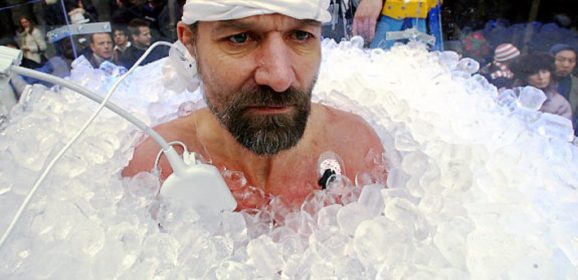
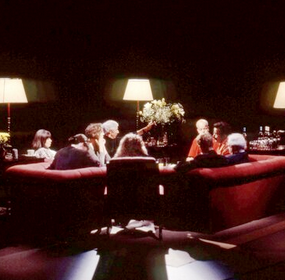

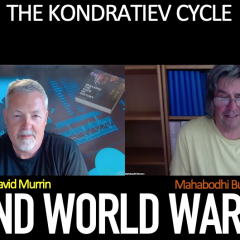
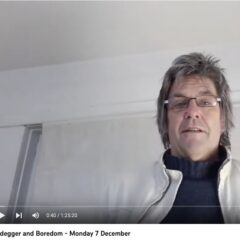
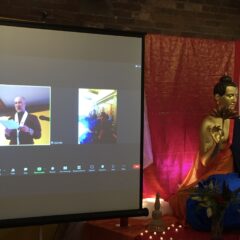
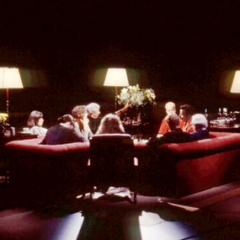

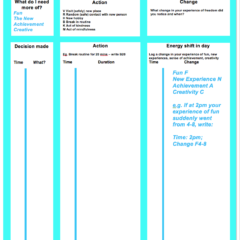







 Users Today : 41
Users Today : 41 Users Yesterday : 23
Users Yesterday : 23 This Month : 499
This Month : 499 Total Users : 13926
Total Users : 13926